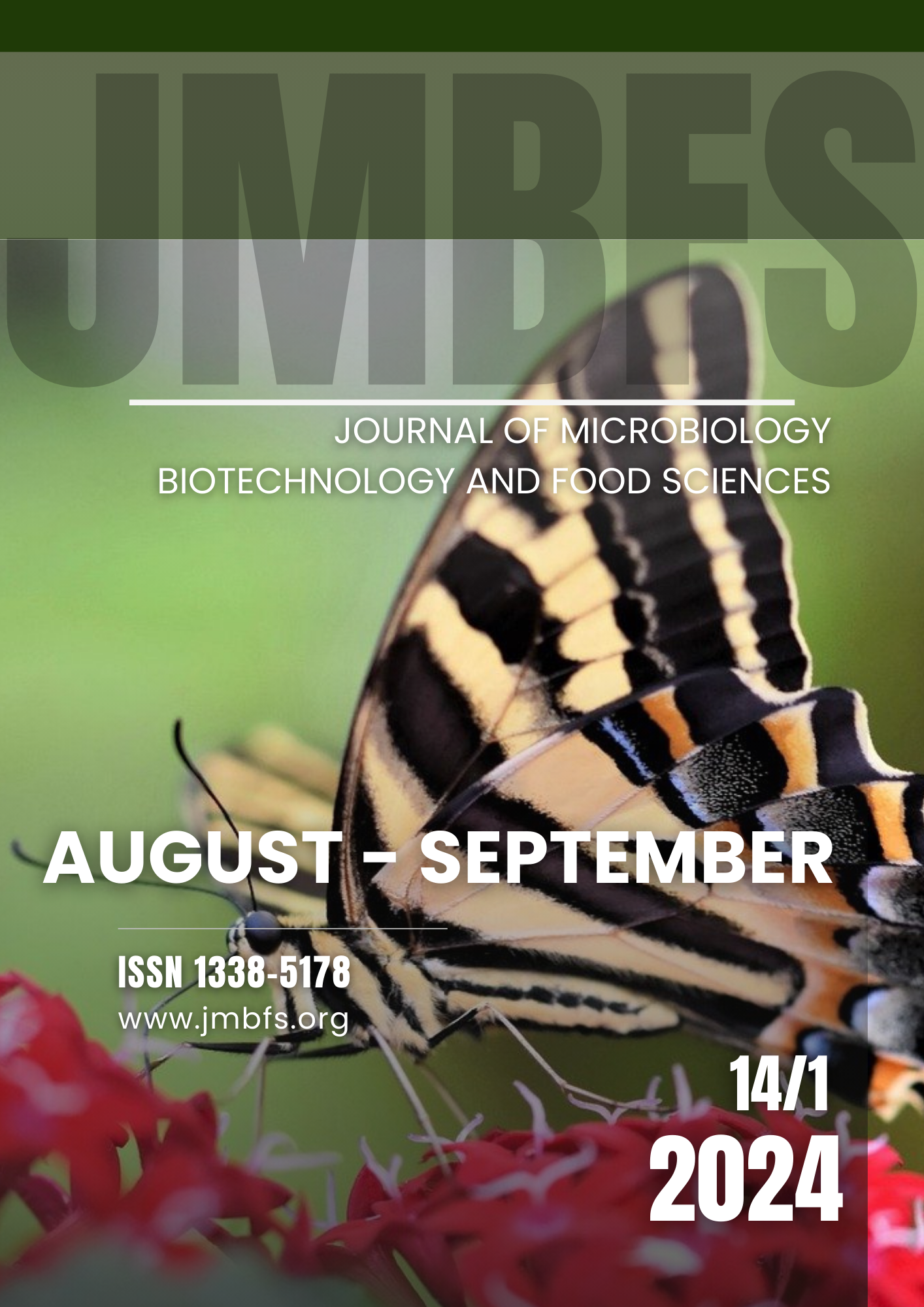EFFECT OF PROBIOTIC TREATMENT ON THE MICROBIOLOGICAL ACTIVITY OF UKRAINIAN TYPICAL BLACK SOIL
DOI:
https://doi.org/10.55251/jmbfs.10263Keywords:
soil, probiotics, soil micro-organisms, microbial activity, soil microbiological processesAbstract
The search for novel substances that promote the establishment of a microbial community and facilitate optimal humification processes while increasing soil organic matter content offers an opportunity for land restoration. The objective of study was to determine the abundance of ecological and trophic groups of soil microorganisms and the intensity of microbiological processes when subjected to probiotic treatment at various concentrations and doses in typical black soil. The eco-trophic groups of soil microorganisms were identified by inoculating dilutions of soil suspensions onto selective nutrient media. The direction and intensity of soil microbiological processes were assessed using the mineralization-immobilization, oligotrophy, and pedotrophy indexes. The results demonstrate that probiotics has a positive impact on the microbiological activity of the soil, leading to an increase in the number of ecological and trophic groups of soil microorganisms during both spring and autumn seasons. Notably, a significant effect on the soil microorganism conditions was observed after 30 days of probiotic treatment. Probiotics exhibit a favorable influence on microbiological processes within the soil, fostering conducive conditions for the development of soil microorganisms and the formation of humus. The most effective concentration of probiotics for promoting the functionality of microbial communities in black soils is determined to be 10%, accompanied by a dose of 100 l ha-1. Consequently, the application of probiotic treatment at a concentration of 10% and a dose of 100 l/ha-1 holds the potential to enhance the biological state of the soil, restore soil microbial diversity, and serve as an environmentally safe fertilizer.
Downloads
Downloads
Published
How to Cite
Issue
Section
License
Copyright (c) 2023 Pavlo Pysarenko, Maryna Samoilik, Anna Taranenko, Serhiy Taranenko, Yevhen Bybyk

This work is licensed under a Creative Commons Attribution 4.0 International License.
All papers published in the Journal of Microbiology, Biotechnology and Food Sciences are published under a CC-BY licence (CC-BY 4.0). Published materials can be shared (copy and redistribute the material in any medium or format) and adapted (remix, transform, and build upon the material for any purpose, even commercially) with specifying the author(s).





